Image Credit: Nick Fewings
This post is part of the National Psychotherapy Day Blog Challenge for therapists to educate the public about psychotherapy and counselling.
In Australia, as well as many other countries around the globe, mental health treatment is dominated by the medical model, which is a requirement for insurance and Medicare rebates.
Whilst a visit to the GP is important for people who require a psychological/psychiatric diagnosis and those who cannot afford treatment without a rebate, there can be negative consequences for patients who seek their GP for advice and guidance in regards to symptoms such as anxiety, depression and eating disorders as well as other day to day issues that require counselling and psychotherapy. I wrote about some of these concerns in my earlier article Why counsellors, psychotherapists and their clients are better off without Medicare and insurance rebates .
One of the greatest concerns that many counsellors and psychotherapists have is that patients often report that their GP offered medication as a first resort. Many years ago when I was suffering with insomnia, I was immediately prescribed Temazepam – there was no discussion around alternative treatment or a referral to a therapist who specialised in the underlying issues: stress and anxiety. This is alarming considering the evidence for talk-therapy as the go-to is sound.
Their second recommendation is to put the patient on a Medicare Mental Health Care Plan which in its current form, severely limits the client’s choice of modality, therapist, length of treatment and confidentiality.
CBT (Cognitive Behavioural Therapy) is the modality that patients are referred to via the Medicare system. CBT is a useful tool as part of an overall therapeutic experience but it is not the be all and end all. It does however suit government funded services because it is manualised and can provide short-term relief over the 6-10 sessions provided. The problem with this is that there are a whole lot of people stuck in revolving door syndrome – in and out of symptom focused, short-term therapy for many, many years, all the while their underlying trauma is never resolved. A recent case in California judged that insurance company, United Behavioural Health, was found to have let financial incentives infect the guideline development process; “There is an excessive emphasis on addressing acute symptoms and stabilizing crises while ignoring the effective treatment of members’ underlying conditions.”
The announcement in December 2018 that patients with severe eating disorders will receive 40 psychology sessions through Medicare in Australia is once again good news for some patients but severely limiting for others. At the Australia & New Zealand Academy for Eating Disorders (ANZAED) Eating Disorder Conference in 2017, several presentations highlighted a less than 50% success rate using CBT and that some practitioners are ‘returning to their psychoanalytic roots’ aka. depth psychotherapy. To quote,
“We shouldn’t have thrown the baby out with the bathwater!”
Considering CBT is the go-to modality for Medicare practioners – this is alarming – and especially so as the majority are not trained to work at depth using the therapeutic relationship or with eating disorders (some are of course so please seek them out!). Alternatively, highly experienced psychotherapists who have 10, 20, 30 years’ plus experience in the eating disorder field won’t have an opportunity to care for these patients. This is a major loss for those suffering and who so desperately need quality, depth and long-term soul-work!
These same issues have been around since I sought help for bulimia back in 1995. After finally going to the doctor to get help, on the second visit he said, ‘hmm, so..hmm, do you still have these um, eating concerns?’ Then proceeded to refer me to someone, who to be quite honest, did not have a bloody clue. I swiftly realised I would need to search independently so that I could choose the right style of therapy and therapist for me.
In How to choose a therapist, Louise Chunn writes,
“But what if CBT hasn’t worked, or your problems are more deep-rooted or recurring? According to mental health charity MIND, in a recent report We Need to Talk, nearly three in five people aren’t offered a choice in the type of therapy they receive. And who knows where to start looking anyway?
Too often it seems anyone looking for help, especially through the NHS, is likely to be steered towards CBT. But some people may benefit from a more classic psychotherapy: person-centred, empathetic, compassionate, a “listening experience.”
I recently posted a blog challenge for therapists for the upcoming National Psychotherapy Day so that highly experienced counsellors and psychotherapists can express their concerns about all of the above. They have written some wonderful blog posts in the link below to educate the public about the perils of the Mental Health Care Plan and / or how to choose a therapist.
So, what is the most important thing your doctor doesn’t tell you about how to choose a therapist? You do have a choice!


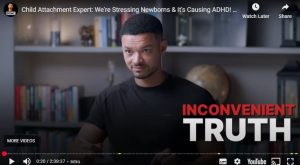


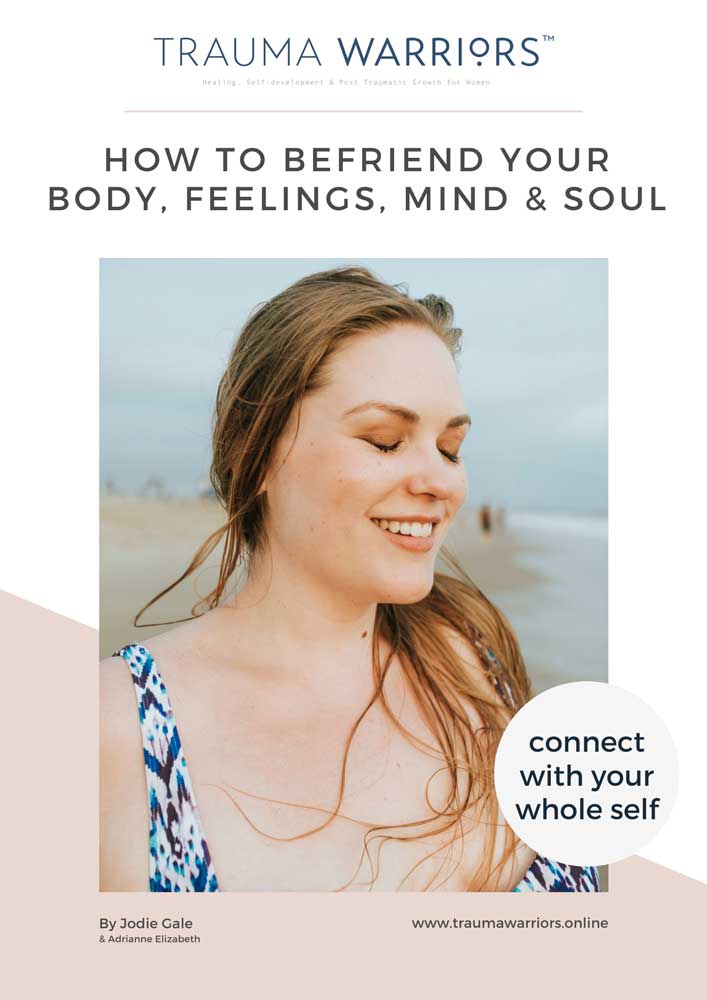


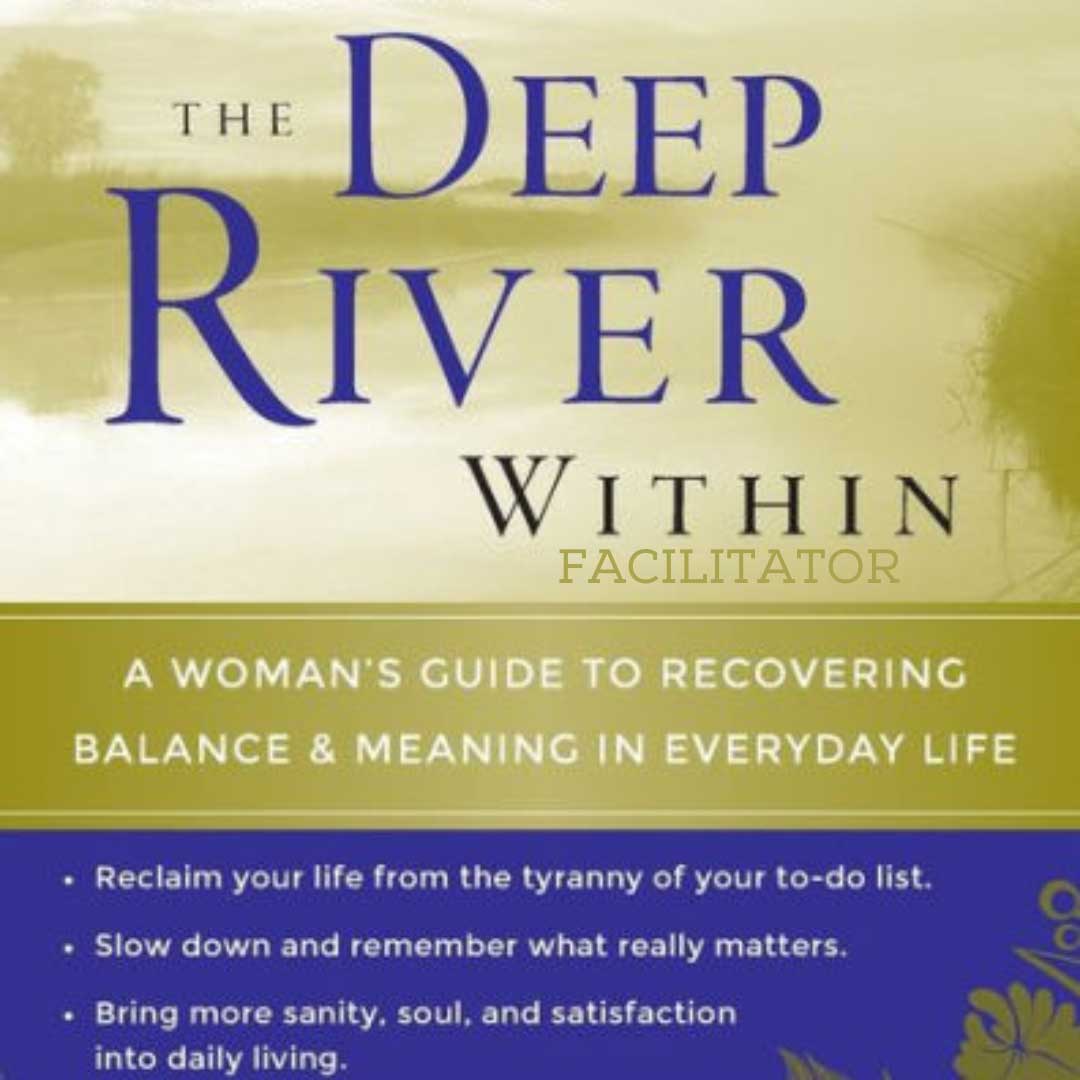
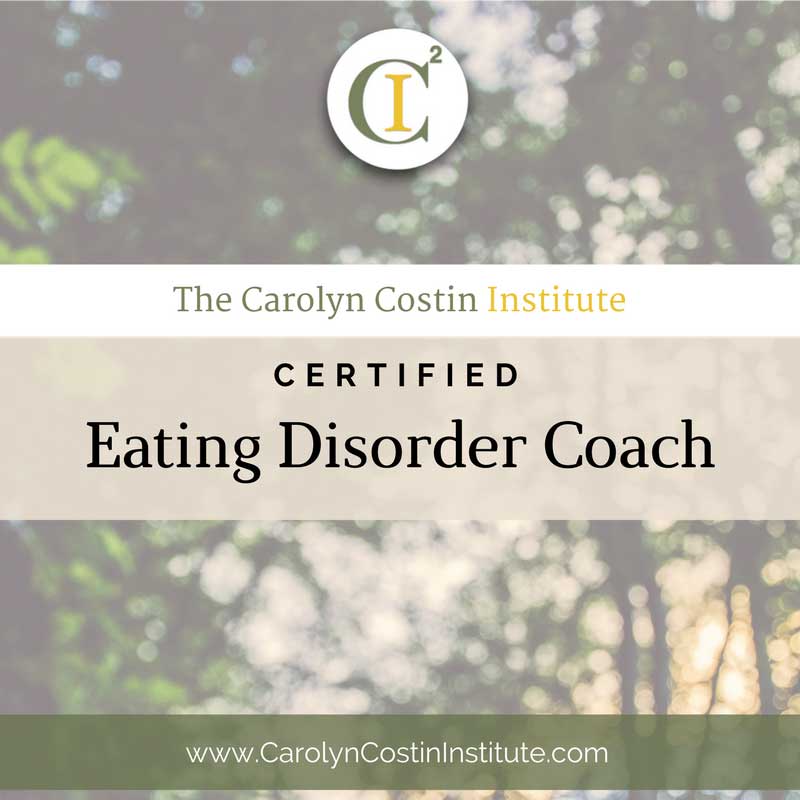
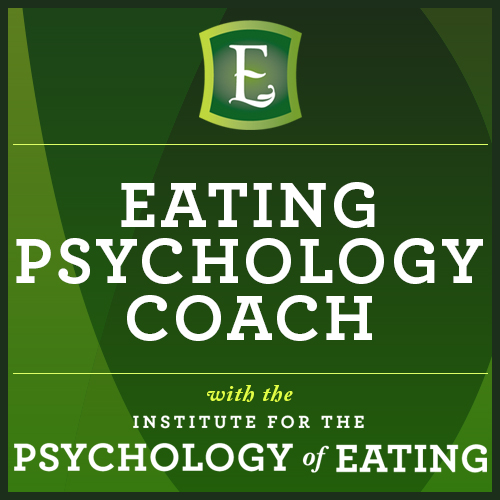
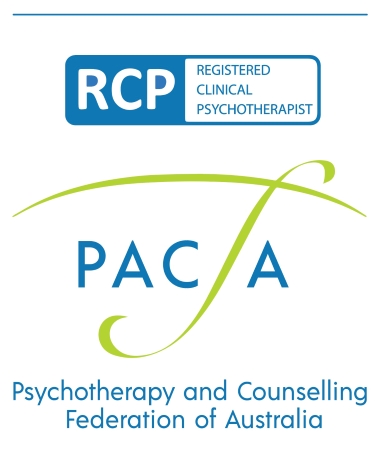
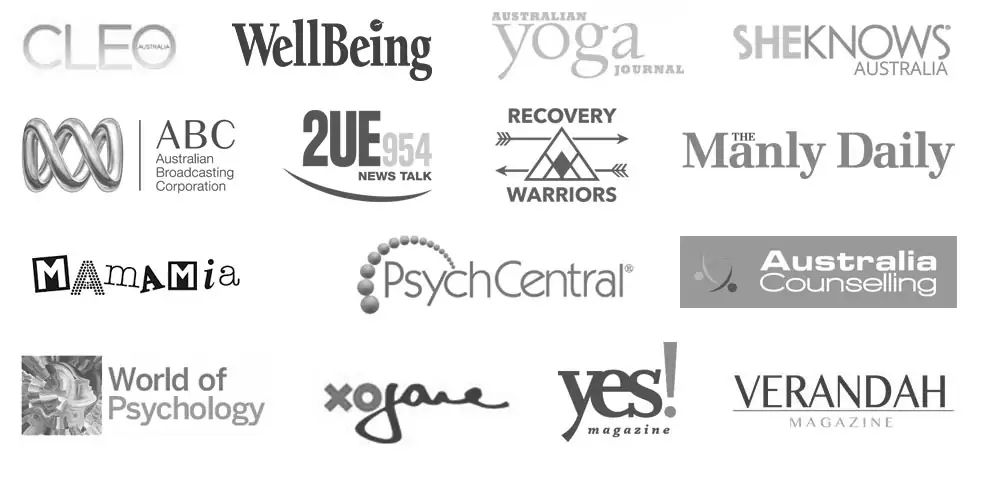
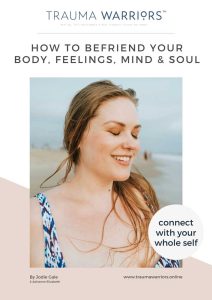
One Response
Thank you so much everyone for writing such informative posts about such an important topic. x Jodie